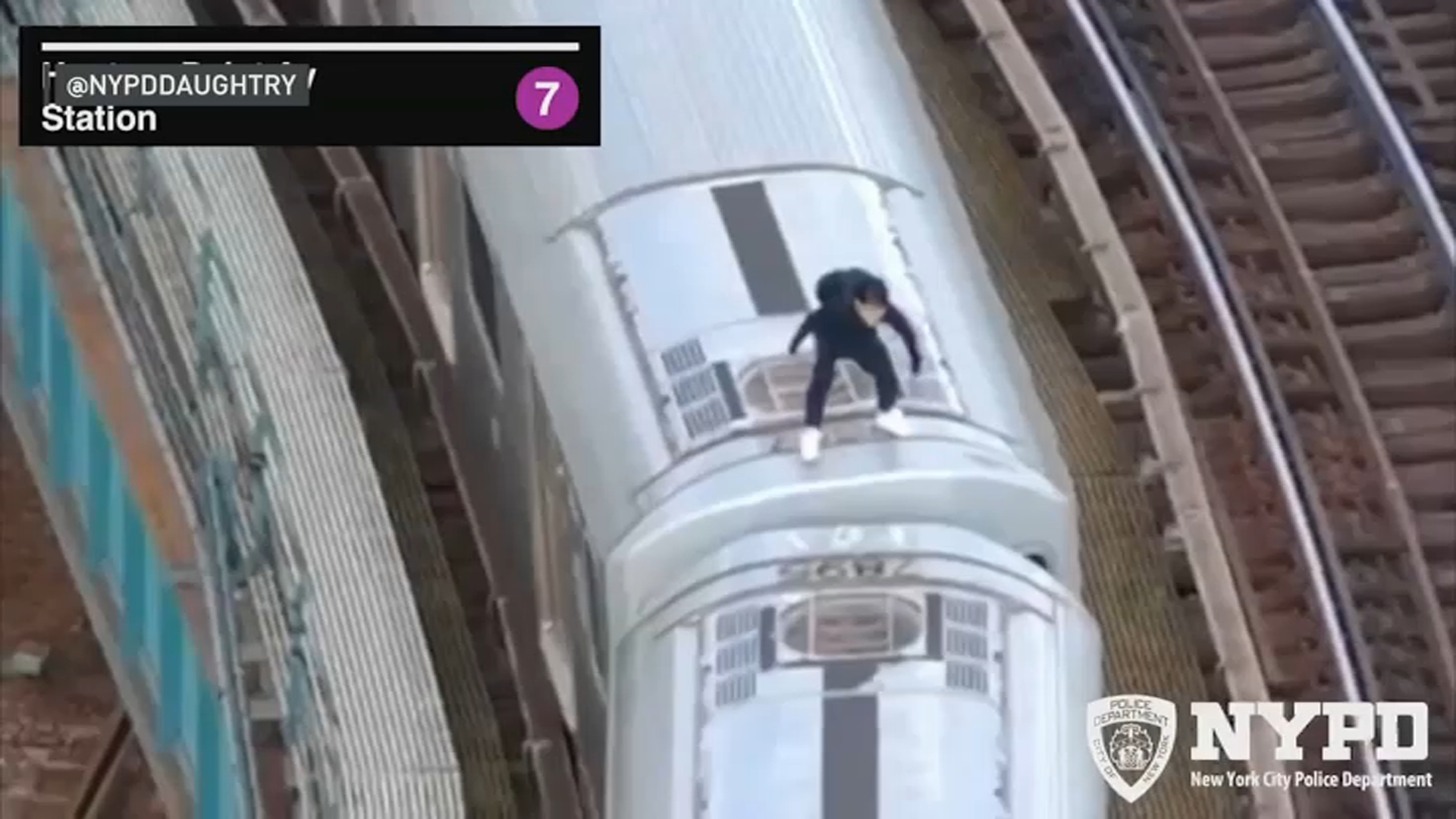New York University is threatening disciplinary action to any students involved in a massive gathering Saturday night that amassed hundreds of young people in Washington Square Park.
Already, NYU says more than 20 students have been suspended for failing to comply with coronavirus safety protocols.
Washington Square Park was packed Saturday night with hundreds of young people gathered in large groups, partying late into the night. Many, the number unclear, were seen without masks or face coverings and failed to socially distance.
"We have received reports and videos of large crowds of young people gathering in Washington Square Park last night, with some people not wearing masks or distancing," Senior VP for Student Affairs Marc Wais said in a statement Sunday.
"As I indicated on Thursday, the expectations we have set for NYU students apply both on-campus and off-campus," he said.
The first day of instruction began Wednesday for students attending in-person and remote classes, but already school administrators have taken action against those who have violated state and university rules.
In a Twitter post Saturday, NYU said that more than 20 students had been suspended. The school did not provide details on the student's suspensions.
News
“Please don't be the next. Avoid parties and bars,” the school said. “Wear a mask. Keep your distance.”
The suspensions follow similar crackdowns at schools across the tri-state. Last week, students at SUNY Oneonta were sent home for the rest of the semester after more than 500 students and staff tested positive for the virus.
Cuomo has cautioned that the outbreaks seen at Oneonta and other college campuses around the country are indicative of potential clusters that will emerge when K-12 schools reopen for in-person learning. New York City, the nation's largest public school system, has delayed the start of that by 11 days to accommodate teachers union's demands for additional safety measures.
The university says regular on-campus testing will start the week of Sept. 7 with a focus on the students who live in residence halls. The following week, testing will expand its reach campus-wide.
The school plans to conduct large-scale saliva testing that can be self-administered at home. Different from the nasal swab, tests of saliva samples can be done with large quantities at a single time to determine a community's infection rate.
Students living on campus will be tested every week, while other students and university staff must be tested every other week.



